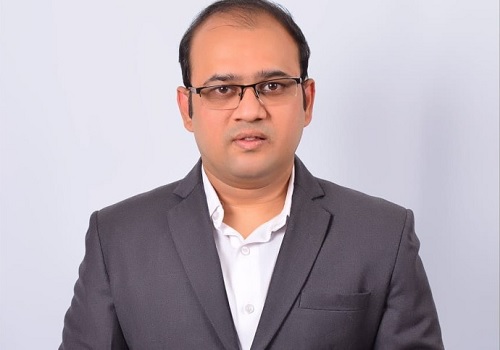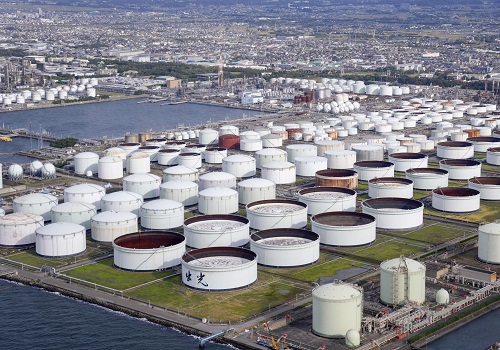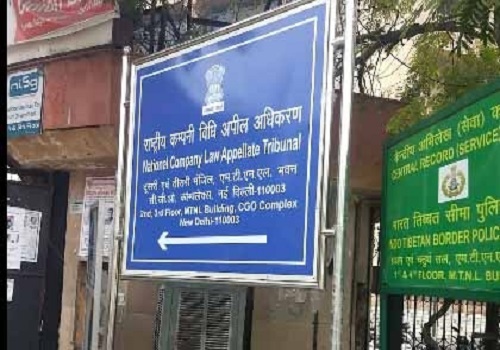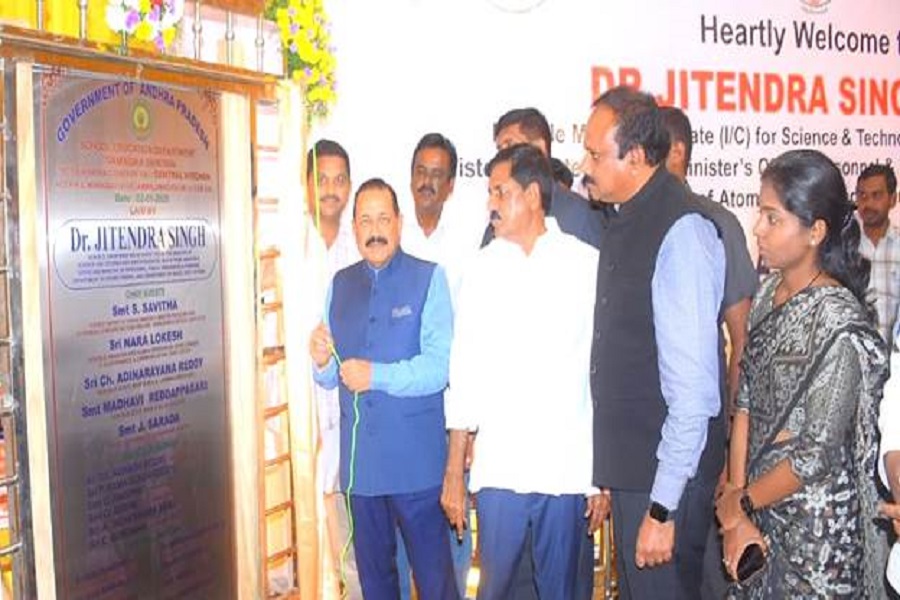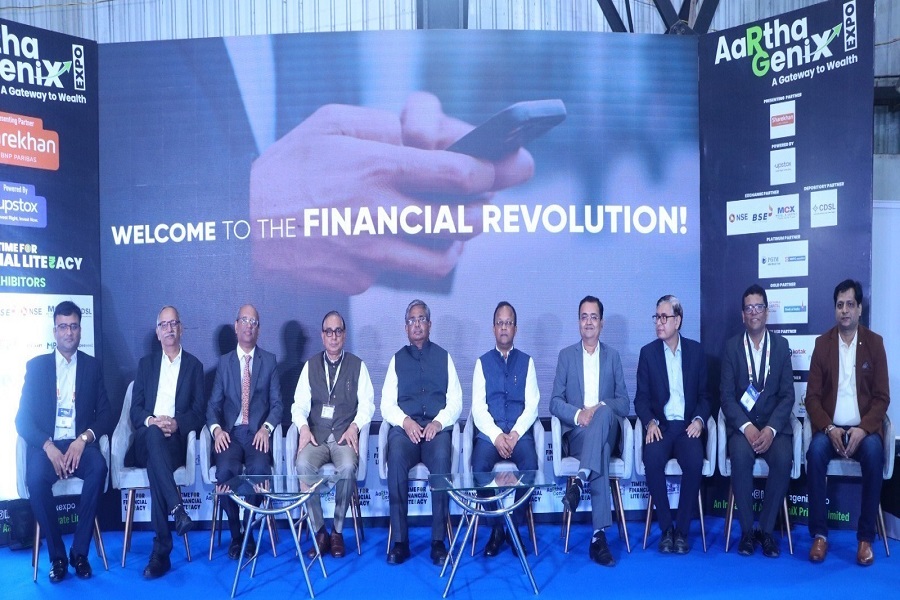Committed to advancing India`s EV ecosystem, fostering local manufacturing: Minister
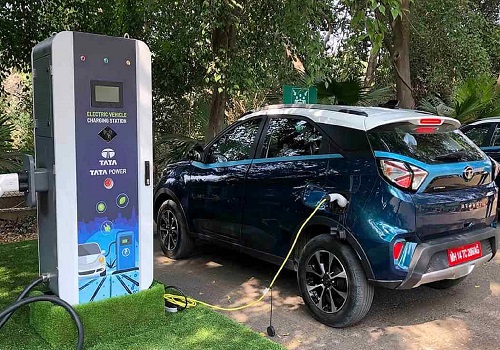
Follow us Now on Telegram ! Get daily 10 - 12 important updates on Business, Finance and Investment. Join our Telegram Channel
The government is committed to advancing India's electric vehicle (EV) ecosystem, fostering local manufacturing and promoting sustainable growth, Union Minister for Heavy Industries and Steel, H.D. Kumaraswamy, has said.
During a post-budget webinar in the national capital, Kumaraswamy said that Prime Minister Narendra Modi’s vision for 'Viksit Bharat 2047' and achieving net zero by 2070 guides our mission at the Ministry.
“We are committed to advancing India's EV ecosystem, fostering local manufacturing, and promoting sustainable growth through key initiatives such as PLI, FAME, EMPS, and advanced capital goods schemes. These efforts will accelerate India’s journey towards greater self-reliance and enhanced Aatmanirbharta,” the minister emphasised.
Minister of State Bhupathiraju Srinivasa Varma said that India is on track to become a $5 trillion economy, with the automotive sector playing a pivotal role.
“The Ministry of Heavy Industries is driving innovation and self-reliance through initiatives such as the PLI Scheme for Automobiles and Auto Components. Together, we can create a sustainable and prosperous future for India,” Varma added.
The Union Budget 2024-25 focused on expanding and strengthening the electric vehicle ecosystem, including manufacturing and charging infrastructure.
Among the key initiatives of the ministry are the PLI-Auto scheme with an approved outlay of Rs 25,938 crore to boost domestic manufacturing and promote localisation, and the PLI Advanced Chemistry Cell (ACC) scheme with an approved outlay of Rs 18,100 crore for 50 GWh to enhance India’s ACC manufacturing.
The Electric Mobility Promotion Scheme (EMPS) scheme has an outlay of Rs 778 crore to support EV manufacturing, particularly for 2Ws and 3Ws, and the SMEC initiative is aimed at attracting global EV investments with a minimum commitment of Rs 4,150 crore.
By 2030, India is projected to have around 50 million EVs on its roads, with a market size expected to reach $48.6 billion. To achieve a ratio of 1-40 EVs to charging infrastructure, the country will need to install over 400,000 chargers annually, totalling 1.32 million chargers by 2030.







